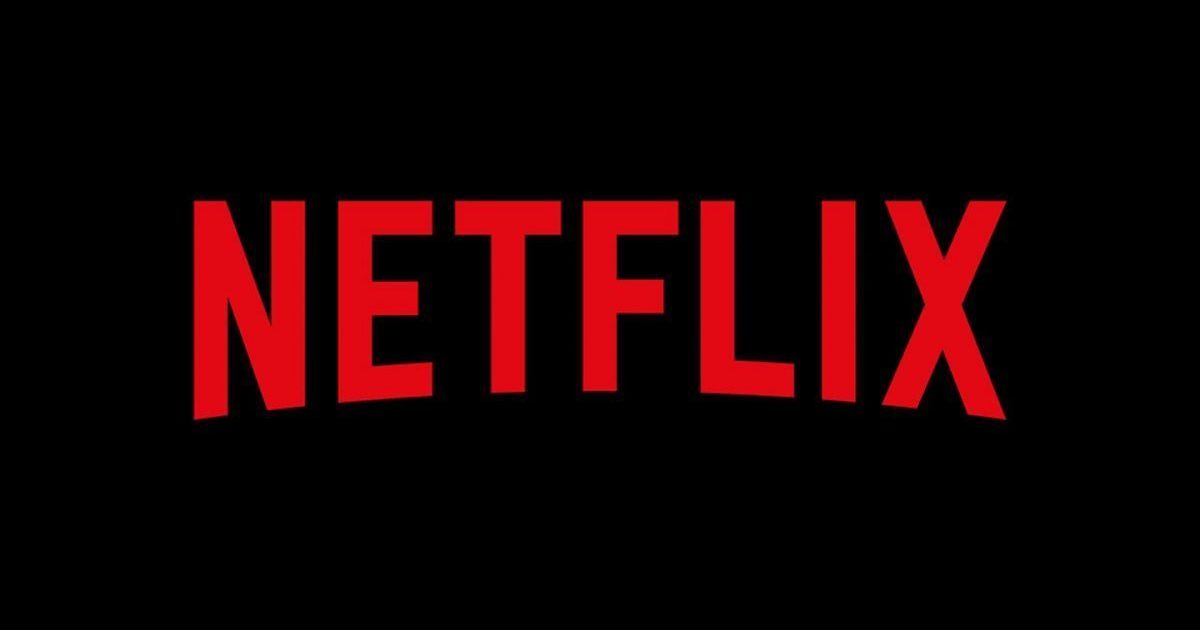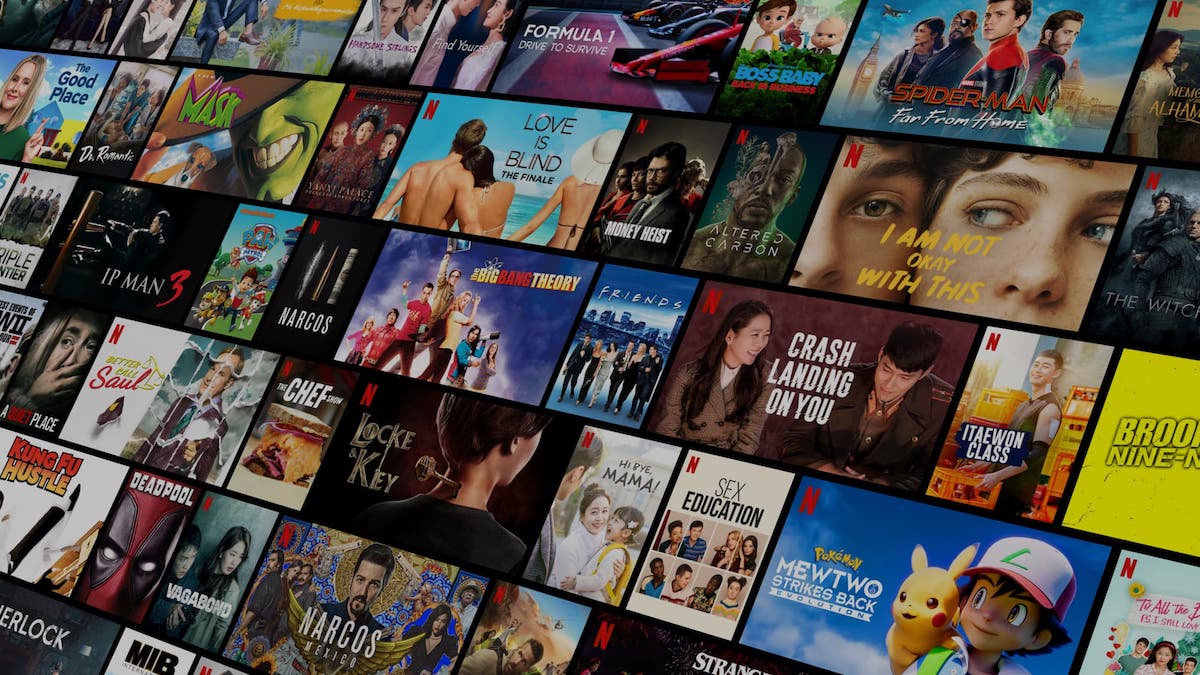Although Netflix dominates the video streaming market, it is facing challenges in retaining subscribers and increase in revenue. As a measure to prevent revenue drain via password sharing, in 2021 the streamer introduced a verification process to crack down on password borrowers or freeloaders.
For 2023, Netflix is working on more sophisticated ways to detect password borrowers and stop users from sharing their accounts with non-subscribers.
[Update on April 19, 2023: Netflix’s controversial crackdown on password sharing is about to expand to the United States and other countries. In its quarterly earnings report, the streaming giant announced that it will roll out its paid password-sharing system to several more countries, including the US, within the next three months.]
[Update on Feb 9, 2023: The streamer has announced that the new rules are released in Canada, New Zealand, Portugal, and Spain and said they will be rolled out more broadly in the coming months.]
Previously, the company confirmed that it has posted strict password-sharing rules for users worldwide mistakenly and they were only meant for Latin America.
[Update on Feb 3, 2023: a company’s spokesperson told The Streamable that the new rules were erroneously posted for all users, worldwide when in fact they were only meant for Chile, Costa Rica, and Peru. New rules have been removed from the steamers’ official website. The spokesperson also confirmed that if and when the company introduces such strict measures, it would communicate the changes to the users first.]

Netflix to use IP addresses, device IDs, and more to stop account or password sharing
GHacks spotted updated information in the account-sharing FAQ section on Neftlix’s webpage which details that users will have to log their devices into the local home network or primary location of their account and people living at a location or house other than the primary account holder’s address “will need to use their own account” to enjoy the service.
The company will use information like IP addresses, device IDs, and account activities to determine whether a device signed into their account is part of an account’s primary location. And when a device is detected at a new or unknown location, it “may be blocked from watching Netflix”.
When a device outside of your household signs in to an account or is used persistently, we may ask you to verify that device before it can be used to watch Netflix or switch your Netflix household. We do this to confirm that the device using the account is authorized to do so. See “Verifying a device” below for details.
Netflix will not automatically charge you if you share your account with someone who doesn’t live with you.

Subscribers will also have to use a device signed in to the service via mobile or web app while connected to the Wi-Fi network at their primary location at least once every 31 days to avoid the verification process which includes receiving a link via email or phone number with a 4-digit verification code which will be valid for up to 15 minutes.
This restriction appears to be troublesome for users who occasionally use the service or are traveling. But the company clarifies that most primary account owners would not face verification issues while traveling or living in between different homes.
If you are away from the Netflix household for an extended period of time, you may be occasionally asked to verify your device. We ask you to verify to make sure that the device using the account is authorized to do so. Verifying a device is quick and easy. See “Verifying a device” above for details.